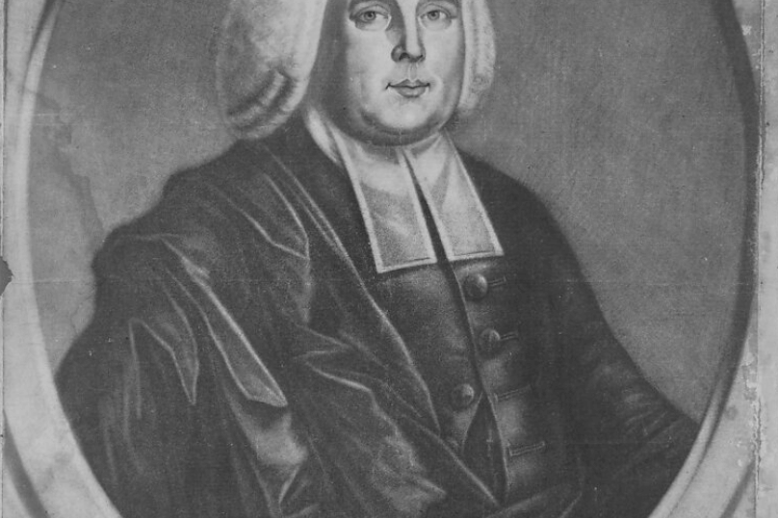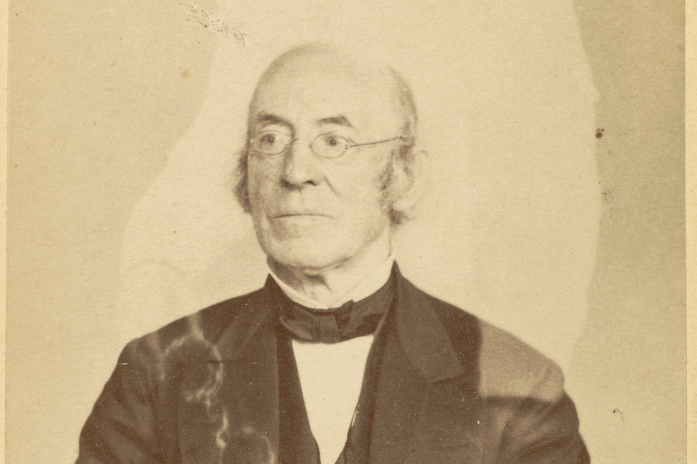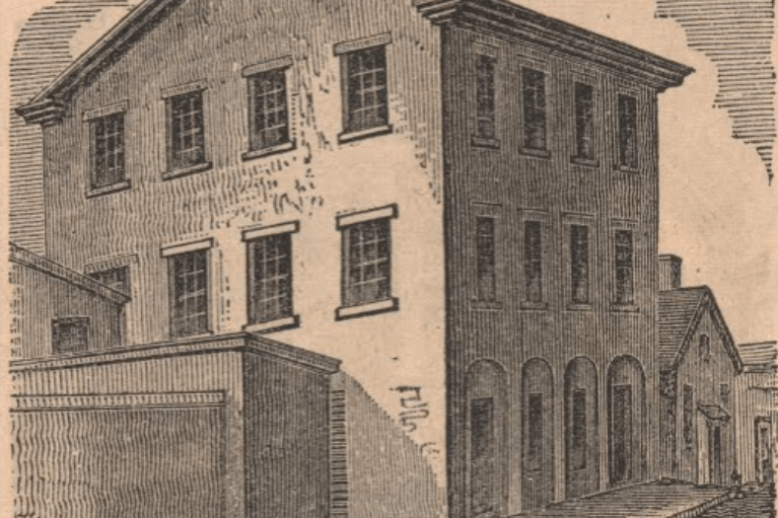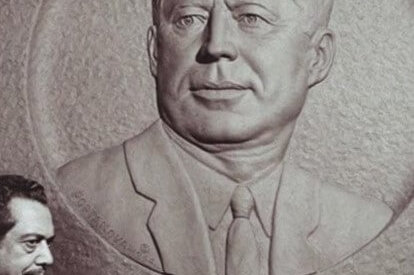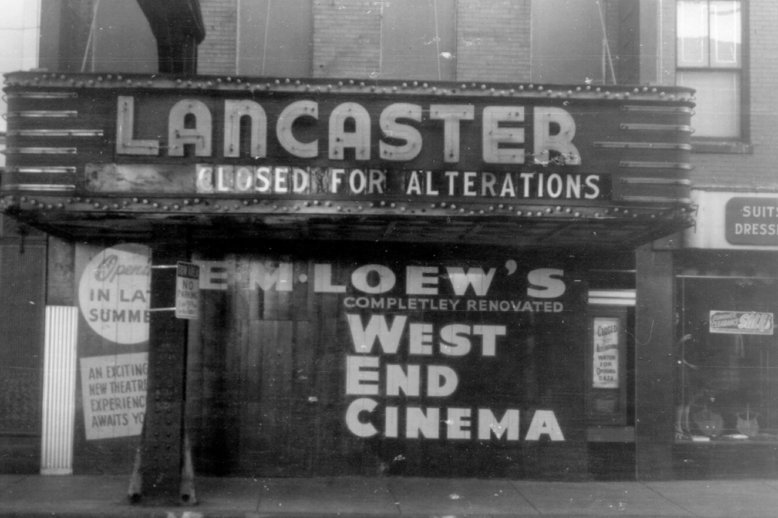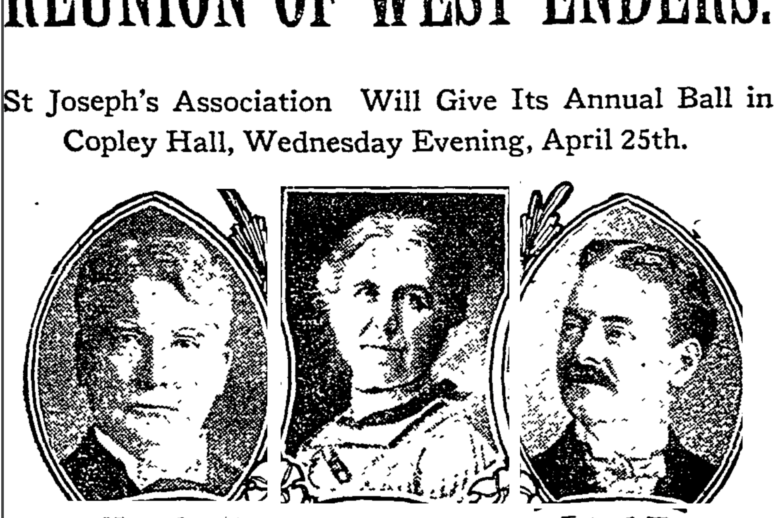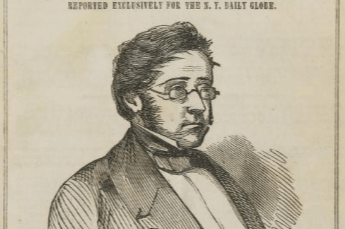Topic: Social & Religious Institutions
Settlement houses, churches, almshouses, women’s shelters, synagogues, priests, social workers
Prescott Townsend (1894-1973) was a gay activist who lived on the North Slope of Beacon Hill from the early 1920s until his death in 1973. He was outspoken and proud of his identity, from boasting about his pilgrim ancestors to organizing early LGBTQ+-oriented groups in Boston.
Jonathan Mayhew (1720-1766) was a minister and influential theologian who was a foundational figure in the philosophy that spurred revolutionary sentiment in the colonies. He preached at Old West Church from 1747 to 1766, where he would deliver sermons on politics and share his unorthodox theology.
In the late 1840s, Americans began to flock to the Spiritualist movement. Boston’s middle and upper class, in particular, became enthralled with Spiritualism, and the city became a center for séances, mediums, and spiritualist newspapers from the 1850s to the mid-1920s.
The African Meeting House, believed to be the oldest standing Black church in America, was incorporated in 1805 and built in 1806. The building, now restored to its 1855 appearance, stands as a testament to the dedication and perseverance of the Black community on the north slope of Beacon Hill (which was at the time part of the West End). The African Baptist Church purchased the land for, fundraised for, and constructed the Meeting House in less than two years. Through this, they created a vital space for the Black community’s religious, political, and social gatherings.
Joseph D. Portanova was the child of Italian immigrants who settled in the West End. He was introduced to art by Eva Whiting White at the Elizabeth Peabody House and went on to become a prolific, nationally known sculptor.
Like many fellow West Enders of her day, Dorothy Pastore relished an afternoon escape to the Lancaster Theater. There, neighborhood children from diverse backgrounds would join together and enjoy a break from the stresses of school and everyday life. Such experiences reinforced the notion of the West End as an urban village.
St. Joseph’s Church was established in 1862 on Chambers Street in the West End, near the site of the first public Catholic mass in Boston. In the early 1900s, the St. Joseph’s Association, an organization of parishioners, hosted an annual party at the church which also held many notable funerals, marriages, and worship services. Decades after urban renewal, West Enders reunited at annual masses at St. Joseph’s to honor deceased fellow residents.
The convergence of Puritan values, attitudes toward immigration, and the prevalence of one university surrounding almost every aspect of the event, made the Parkman-Webster murder case a distinctively Boston story.



